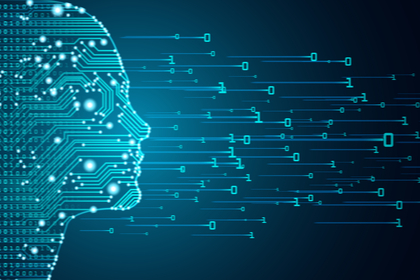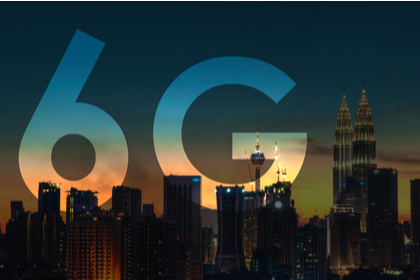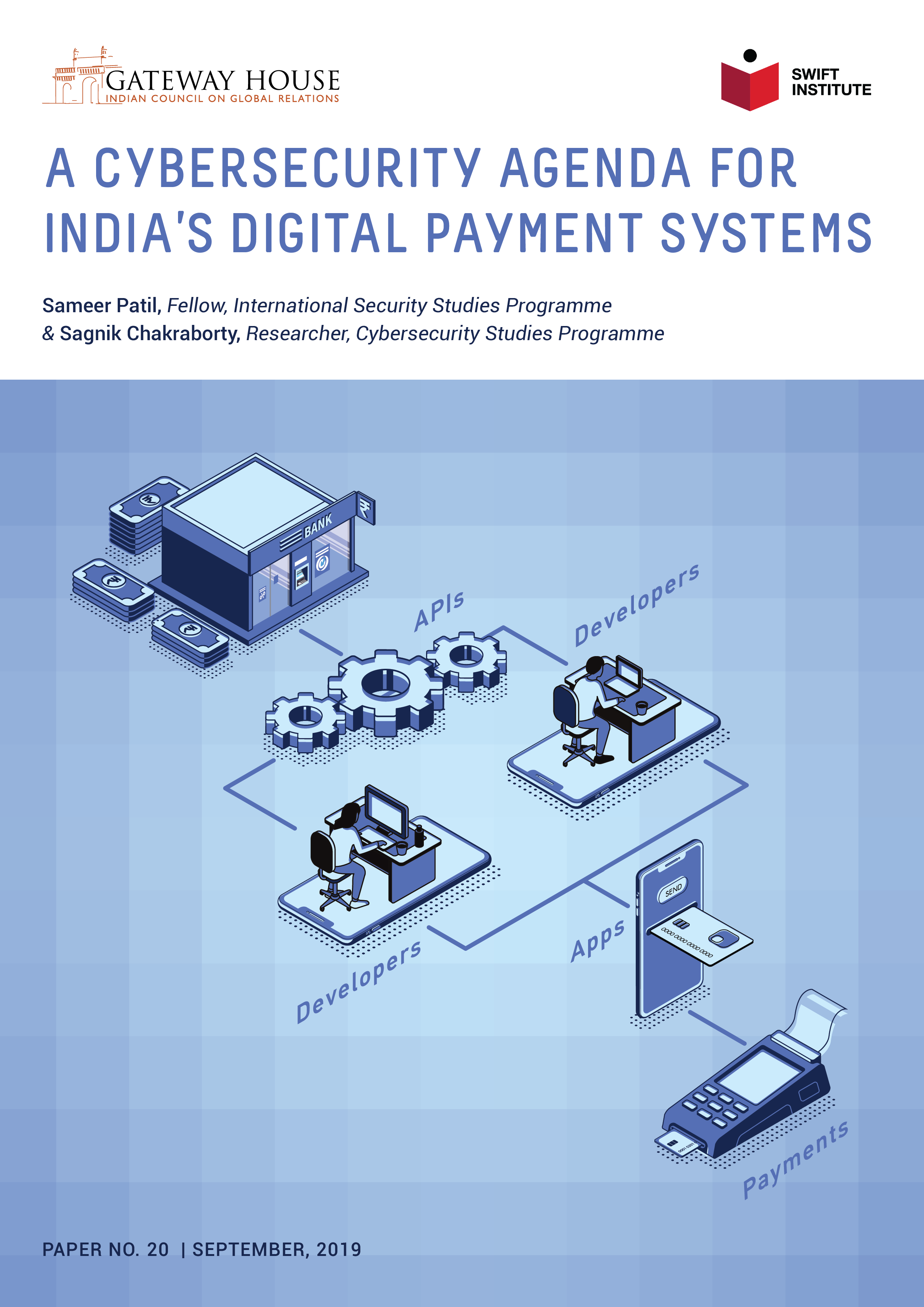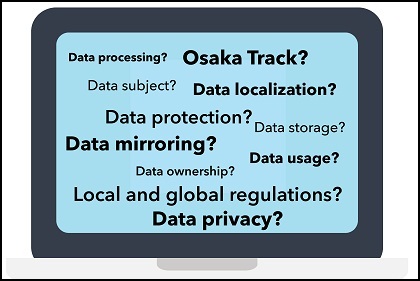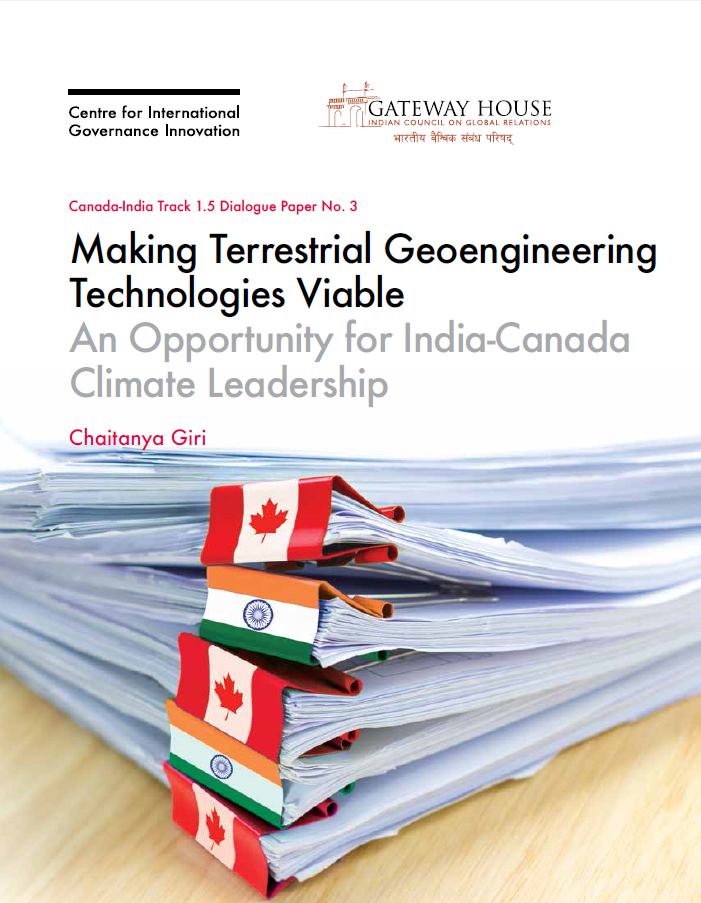“India is the sweet spot where AI can flourish”
Professor Ajay Agrawal is one of the world’s leading economists on Artificial Intelligence and the author of - Prediction Machines: The Simple Economics of Artificial Intelligence. On December 18 Gateway House co-hosted a lecture by him on Power & Prediction: The Disruptive Economics of Artificial Intelligence


